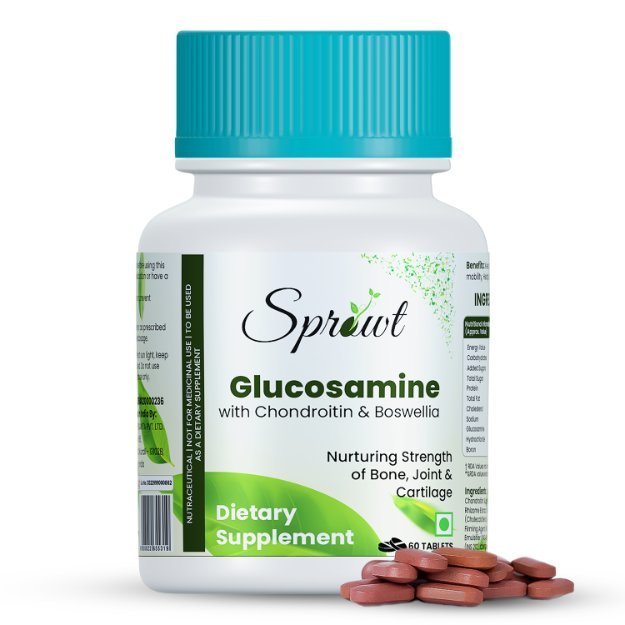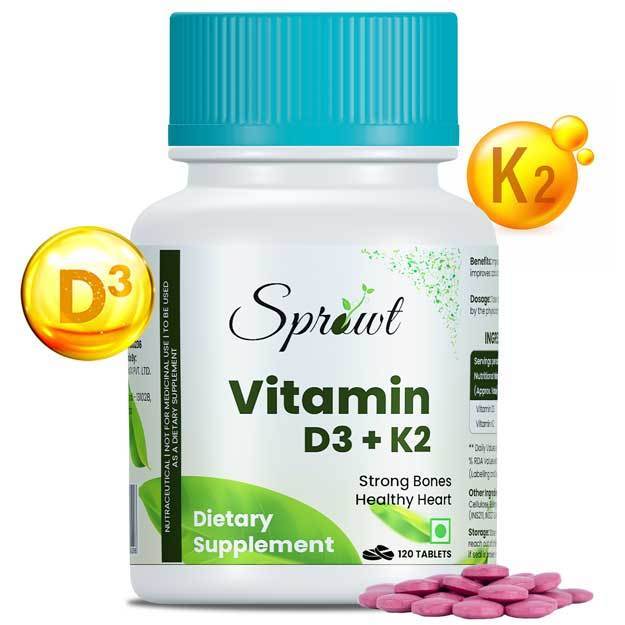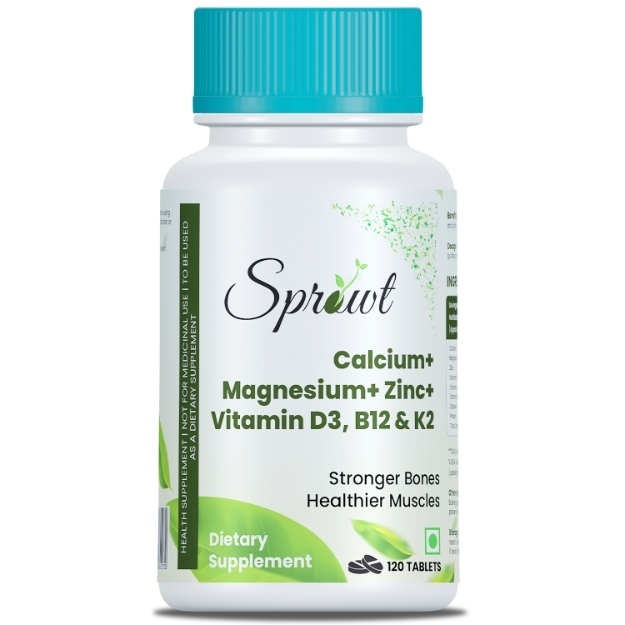Flextra is a commercial drug that is prescribed in the form of Tablet, Powder. Joint Pain are some of its major therapeutic uses. Flextra also has some secondary and off-label uses. These are listed below.
The optimal dosage of Flextra is largely dependent on the individual's body weight, medical history, gender and age. Besides the medical condition it is advised for, the route of administration also plays an important role in determining the correct drug dosage. For detailed information on this, read through the dosage section.
The side effects typically associated with Flextra include Nausea or vomiting, Diarrhoea, Heartburn. While these are the most often observed Flextra side effects, there are can be others also. These have been listed below. These side effects of Flextra are usually temporary and subside with the completion of treatment. However, if these continue for a longer time, consult your doctor right away.
In addition, Flextra's effect is Safe during pregnancy and Unknown for lactating mothers. Warnings related to Flextra's effects on the liver, heart and kidney, if any, have been listed below.
Some other conditions that can be affected by Flextra are listed in the contraindications section below.
Besides this, Flextra may also have severe interaction with some medicines. See below for a complete list.
In addition to the above precautions for Flextra, it is important to know that it is safe while driving, and is habit-forming.
X






















